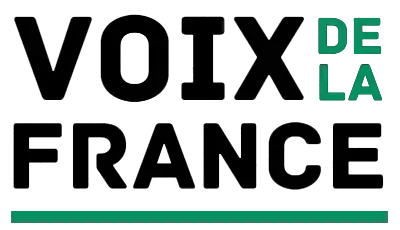On April 4th, the French Parliament voted to adopt a proposal to ban PFAS (per- and polyfluoroalkyl substances) in cosmetics, ski wax products, and clothing. This is a significant step towards protecting public health and the environment from these harmful chemicals. However, the victory is somewhat overshadowed by certain setbacks.
PFAS are a group of man-made chemicals that have been used in a variety of consumer products for decades. They are known for their water and grease-resistant properties, making them popular in products such as non-stick cookware, food packaging, and stain-resistant fabrics. However, these chemicals have been linked to a range of health issues, including cancer, hormone disruption, and immune system disorders.
The proposal to ban PFAS in cosmetics, ski wax products, and clothing was introduced by French MP Delphine Batho, who has been a vocal advocate for stricter regulations on these chemicals. The vote in favor of the proposal is a significant win for public health and the environment, as PFAS have been found to persist in the environment for a long time and can accumulate in the human body.
The ban on PFAS in cosmetics is particularly important, as these products are directly applied to the skin and can be absorbed into the body. This is especially concerning for pregnant women and children, as PFAS have been found to cross the placenta and can affect the development of the fetus. By banning PFAS in cosmetics, the French Parliament is taking a proactive step towards protecting the most vulnerable members of society.
The ban on PFAS in ski wax products and clothing is also a crucial move, as these chemicals can be released into the environment during use and washing. This can contaminate water sources and harm aquatic life. By prohibiting the use of PFAS in these products, the French Parliament is taking a stand against the dénaturation of our natural resources.
However, the victory is not without its flaws. The proposal initially included a ban on PFAS in all consumer products, but this was later amended to only include cosmetics, ski wax products, and clothing. This means that other products, such as food packaging and non-stick cookware, will still be allowed to contain PFAS. This is a significant setback, as these products are also potential sources of exposure to these harmful chemicals.
Furthermore, the proposal does not include a timeline for the ban to take effect. This means that companies can continue to use PFAS in their products until the ban is officially implemented. This delay is concerning, as it allows for continued exposure to these chemicals and gives companies time to find alternative, potentially harmful, substances to replace PFAS.
In conclusion, the French Parliament’s vote to ban PFAS in cosmetics, ski wax products, and clothing is a significant step towards protecting public health and the environment. However, the victory is marred by the déportation of other consumer products and the lack of a timeline for the ban to take effect. It is crucial for the government to continue to take action and implement stricter regulations on PFAS to ensure the safety of its citizens and the environment.
